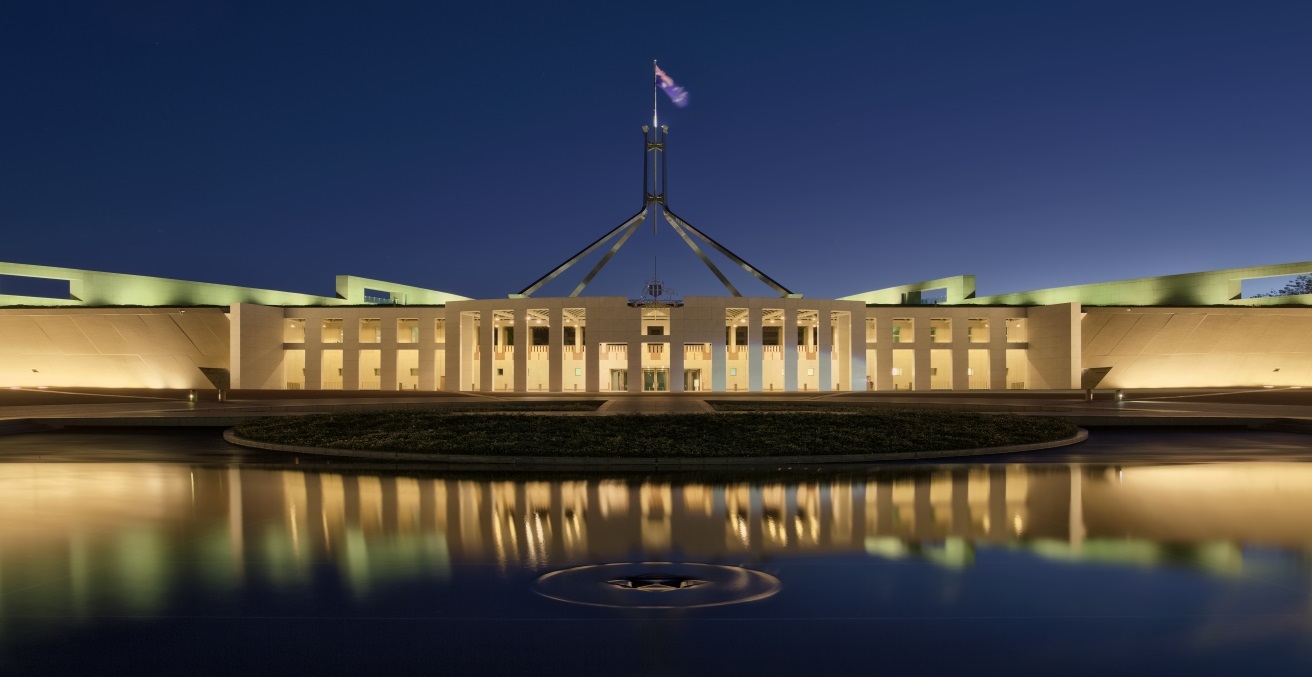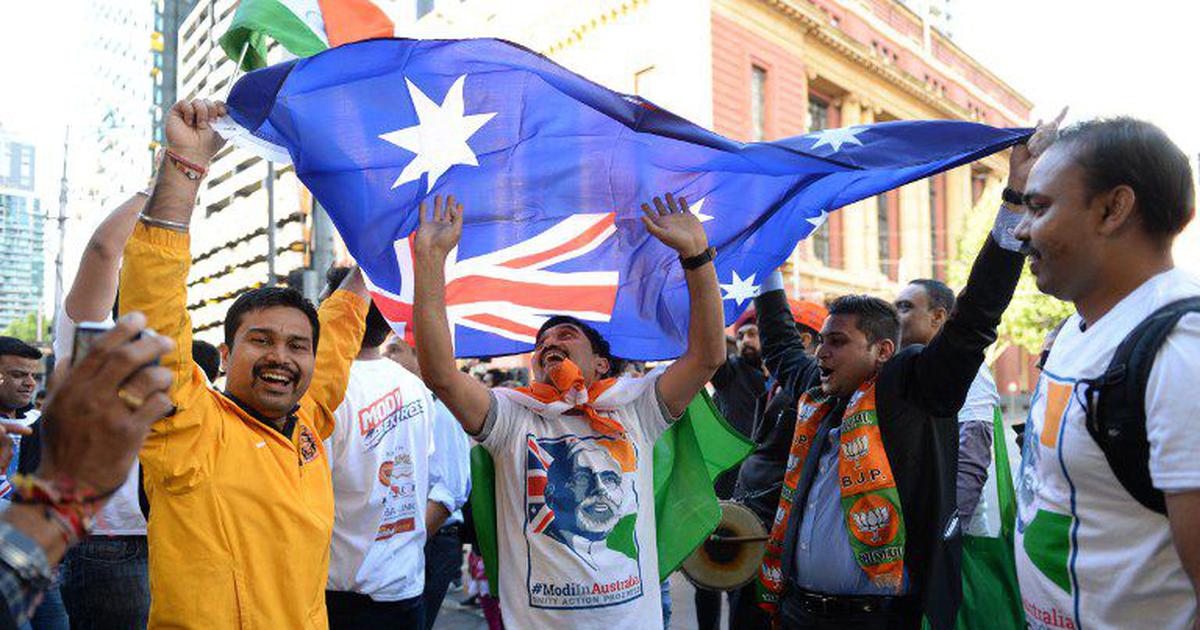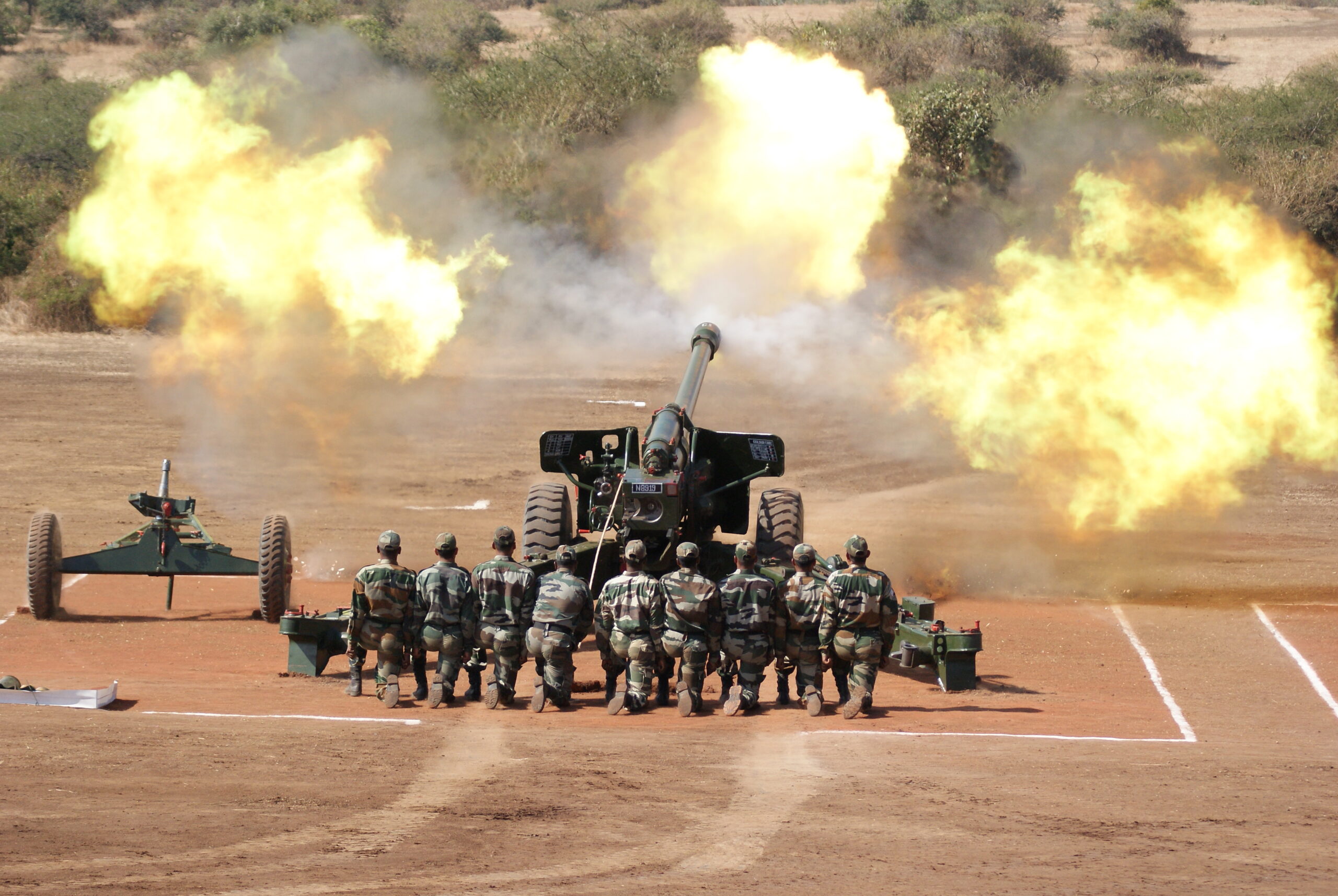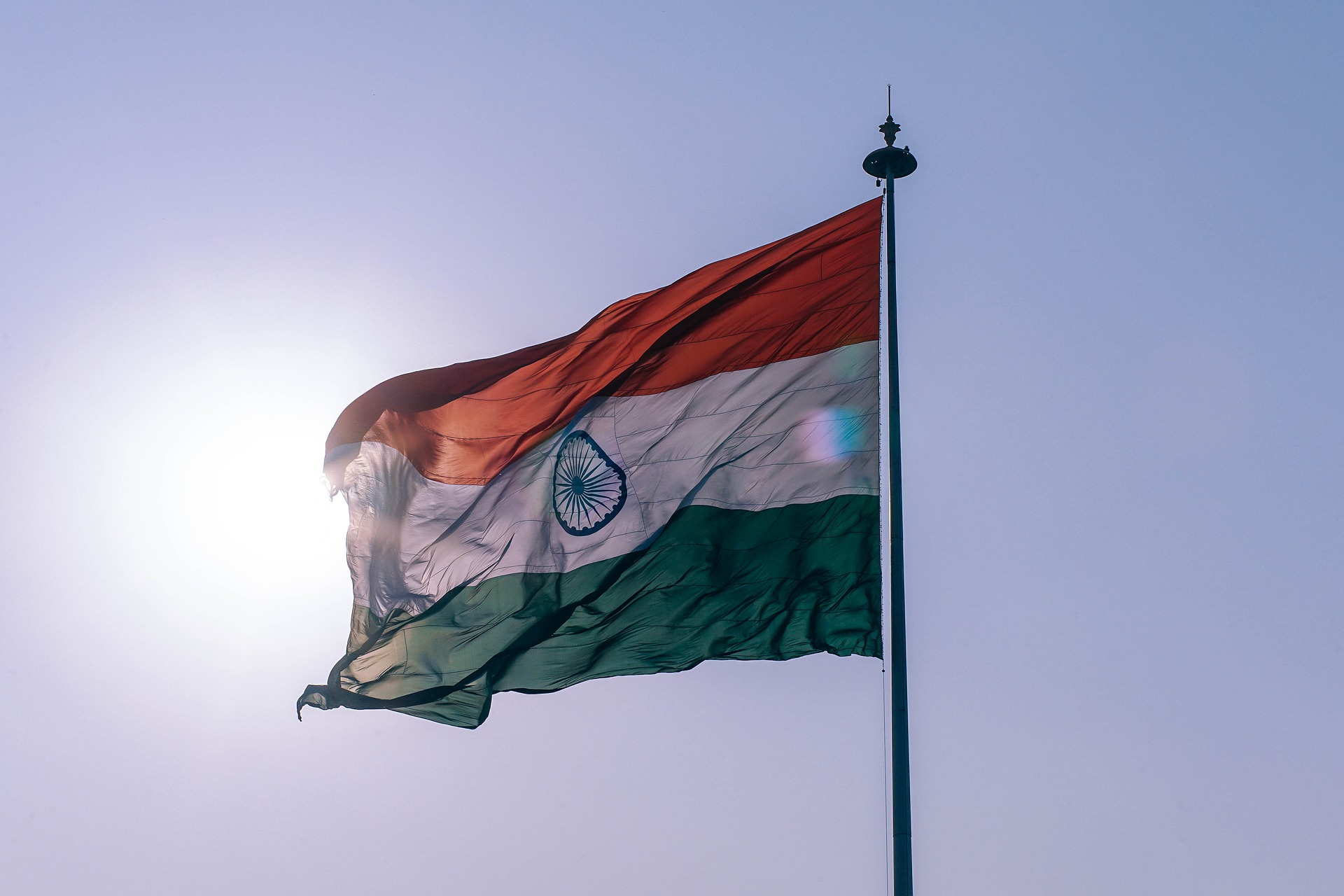A stable and peaceful Pacific region is at the heart of security, prosperity, and strategic interests for Australia and Pacific Island countries. Central to this is an inclusive security that understands the significant contributions diverse Pacific women make to mediation, peacebuilding, and humanitarian responses.
The Women, Peace and Security (WPS) agenda as set out in United National Security Council Resolution (UNSCR) 1325 and subsequent related resolutions speaks to the under-valued and under-utilised contributions women make to conflict prevention and resolution, peacekeeping, and peacebuilding, and provides an internationally mandated framework for action to create inclusive roles, processes, and agreements.
Inclusive security is a perspective that has been embraced by Pacific Island countries. Both the Boe Declaration and 2050 Strategy for a Blue Pacific Continent recognise an expanded concept of security that incorporates a focus on human security, including threats such as climate change, economic threats, cyber security, and transnational crime. Both documents emphasise inclusive processes to do this, addressing exclusion of women, youth, and other marginalised groups.
Alongside this, the 2012-2015 Regional Action Plan for Women, Peace and Security was co-created by Pacific civil society organisations, the UN, Pacific Islands Forum, and the Secretariat of the Pacific Community. It provided a framework at the regional level for Forum Members and Pacific Territories to enhance women’s leadership in conflict prevention and peacebuilding, to mainstream gender in security policymaking, and to ensure women and girls’ human rights are protected. While this region-wide plan has not been revised or renewed, several countries and regions have developed their own action plans, including Solomon Islands (2017), Autonomous Region of Bougainville, Papua New Guinea (2016) and Australia (2012-2018 and 2020-2029).
While such state-level agreements are incredibly important, much of the vital peace work being done in the Pacific is conducted at the community level. As such, it is crucial that regional and national action is informed by, and includes, local women leaders, and considers localised conflict prevention and peacebuilding solutions.
Pacific Leaders have affirmed that climate change is the single biggest threat to regional peace and security. Throughout the Pacific, women are frontline responders to the climate crisis. With demonstrated leadership in peacebuilding, including within traditional village systems and in collaboration with faith-based organisations, their actions must be understood, recognised, supported, and resourced.
Historically, women have been viewed as passive victims of violence and insecurity rather than agents of change and critical actors in peace and security issues. Marginalisation from highly masculinised formal security structures hides the vital role women play in security more broadly. In the Pacific, for instance, women were leaders in peace movements during civil wars in Bougainville and Solomon Islands. In these fragile contexts, women have been security providers rather than victims.
Uplifting and supporting Pacific Island, women-led approaches and driving gender-just and human rights-based approaches to conflict prevention and peacebuilding leads to better security outcomes for communities, countries, and regions. Pacific-led initiatives such as the Pacific Women Mediators Network recognise that advancing the inclusion and meaningful participation of Pacific women significantly contributes to building just, transformative, and sustainable peace. The Network will invest in capacity development of an intergenerational cadre of women who can work alongside officials, linking and complementing formal and informal actors’ contributions. It aims to drive accountability to Pacific Forum Leaders’ commitments to gender equality.
In the spirit of strategic humility, Australia’s foreign policy within the Pacific should have a keen awareness of the significant contributions diverse Pacific women and their organisations make as mediators and negotiators in conflict prevention, conflict transformation, restorative justice, and peacebuilding. The work of these organisations is a core component for advancing the WPS agenda through the region, and is intrinsic to broader security calculations.
Due to this, it is vital that both Australia and Pacific Island governments recognise, amplify, and adequately resource the important peace work that Pacific women do – and incorporate this into security institutions and decision-making forums. This requires Australia to prioritise a deep understanding of local contexts, including recognising and valuing the diverse and significant peace work that is already being done. Targeted, systematic, long-term investment in civil society organisations to support this work would further promote opportunities for Pacific women to define and drive peace and security in the region.
If women’s contributions – both within and outside of formal security architecture – are recognised, sustained, and strengthened, they can make a significant impact in realising the Pacific leaders’ vision of a prosperous, stable, and peaceful Pacific region, and contribute to preventing conflict and sustaining peace.
Sharon Bhagwan Rolls is Programme Manager for the Pacific Women Mediators Network as well as the Gender Liaison of the International Steering Group of the Global Partnership for the Prevention of Armed Conflict (GPPAC) and a Technical Adviser of the Pacific Island based Shifting the Power Coalition.
Heather Wrathall is program lead at the Asia-Pacific Development, Diplomacy & Defence Dialogue (AP4D). This article draws on AP4D’s report on What does it look like for Australia to be a strategic partner on Women, Peace and Security with the Pacific.
This article is published under a Creative Commons Licence and may be republished with attribution.




